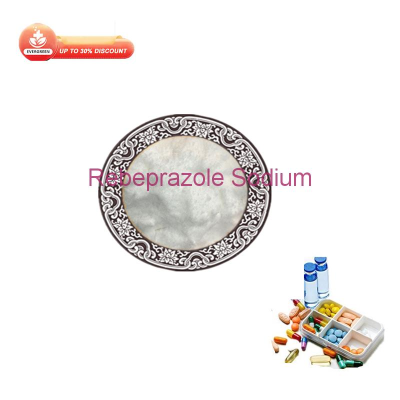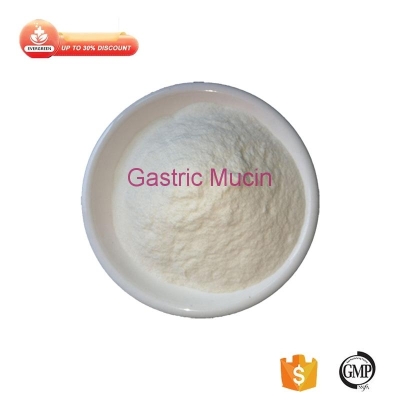-
Categories
-
Pharmaceutical Intermediates
-
Active Pharmaceutical Ingredients
-
Food Additives
- Industrial Coatings
- Agrochemicals
- Dyes and Pigments
- Surfactant
- Flavors and Fragrances
- Chemical Reagents
- Catalyst and Auxiliary
- Natural Products
- Inorganic Chemistry
-
Organic Chemistry
-
Biochemical Engineering
- Analytical Chemistry
- Cosmetic Ingredient
-
Pharmaceutical Intermediates
Promotion
ECHEMI Mall
Wholesale
Weekly Price
Exhibition
News
-
Trade Service
Patients with inflammatory bowel disease (IBD) require many therapeutic drugs, and the safety of pharmacotherapy during conception or pregnancy has been an important clinical issue
.
Men and women with IBD are concerned about the potential adverse effects
of medication on their offspring.
Most drugs and metabolites enter the fetal circulation through the placenta, so the association between maternal drug use during pregnancy and the risk of adverse birth outcomes is of great concern
.
There is now evidence that paternal health and the drugs used by fathers before conception may have important implications for the health of offspring, and there is growing evidence that environmental exposures of fathers, such as drugs, may contribute to epigenetic alterations in sperm that in turn increase the risk of
adverse health outcomes for offspring.
5-Aminosalicylic acid (5-ASA) treatments include mesalazine, sulfasalazine, oxalazine, and balsalazine, which are first-line anti-inflammatory drugs
for ulcerative colitis (UC) in men and women.
To investigate the effects
of maternal use of 5-ASA before pregnancy and maternal use of these drugs during pregnancy on offspring outcomes.
The study is a cross-sectional study
based on a large sample of the entire Danish population.
The study population included people with
ulcerative colitis (UC) or Crohn's disease (CD).
Included included children born to 2168 men treated with 5-ASA, as well as 7732 unexposed children
.
and 3618 children exposed to 5-ASA in utero and 7128 unexposed children
were collected.
According to EUROCAT guidelines, the main observed outcomes were preterm birth, small for gestational age (SGA), low Apgar score, and major congenital anomalies (CA).
The findings suggest that the vast majority of fathers and mothers use mesalazine
.
Among children born to UC men using 5-ASA, researchers found no increased
risk of preterm birth, SGA, or low Apgar scores.
The risk ratio (HR) for CA is 1.
30 (95% CI 0.
92–1.
85).
Among children of CD fathers, the odds ratio (OR) of SGA was 1.
52 (95% CI 0.
65–3.
55).
After exposure to 5-ASA in utero, the OR for SGA in children of women with UC was 1.
46 (95% CI: 0.
93 to 2.
30).
This study confirms that 5-ASA is safe for both parents and mothers overall; None of the findings were statistically significant
.
Original source:
Bente Mertz Nørgård.
et al.
The safety of paternal and maternal use of 5-aminosalicylic acid during conception and pregnancy: a nationwide cohort study.
Alimentary Pharmacology & Therapeutics.
2022.







